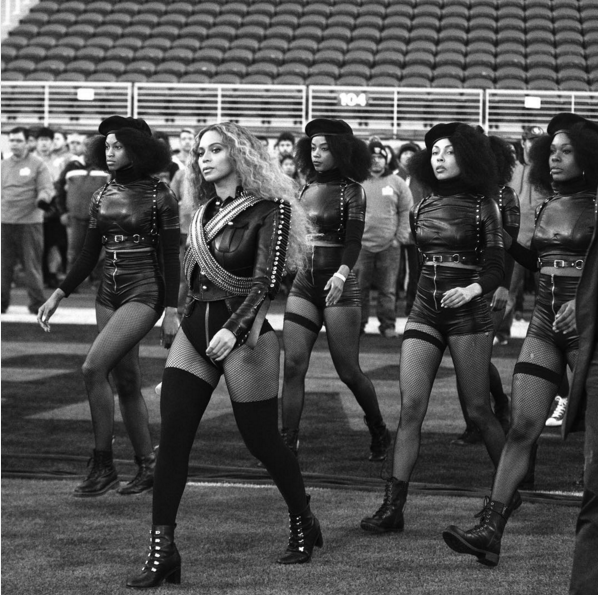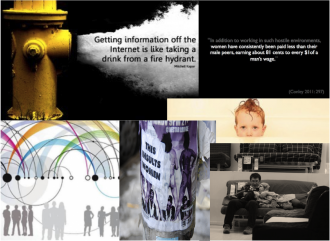
New & Noteworthy
In case you missed it, the Super Bowl was this weekend. Read up on some of TSP’s Super Bowl-related sociology here. We also have a new Discovery on the NFL’s Rooney Rule by TSP board member Nadia Jackson-Fitch from work by Christopher I. Rider, James B. Wade, Anand Swaminathan, and Andreas Schwab in the American Journal of Sociology, using promotion data on NFL coaches from 1985-2015.
From the Archives
Does Blindness Beat Bias? by Evan Stewart in Sociological Images on one dating reality show, Love is Blind, that eliminates visual cues (new season coming out this Valentines’ Day).
No presidential debates for the 2024 election? Polls may indicate little impact, but remember polls aren’t always the most reliable representations of data. Read this piece from Contexts on who chooses to participate in online political polls by Danielle Koonce.
More from our Partners & Community Pages
Contexts latest:
- How does parenting impact happiness? Read how different groups experience happiness and parenting differently by Parker Muzzerall.
- Stephanie Ternullo interviewed over 50 residents of Motorville Wisconsin about how local organizations’ contexts, organized labor, and other aspects of rural America strengthen progressive politics or shifts towards populism.
First Publics has two new Class Notes:
- Anna Rogers writes about the importance of incorporating popular culture in the classroom to engage, enhance learning, and encourage critical thinking.
- Shelby Clark discusses her using Community-Based-Learning in a sociology class and how it can further involve students to get engaged in their communities.
Sociological Images has a new piece on how Large Language Models can have an impact on society and religion by Evan Stewart.


